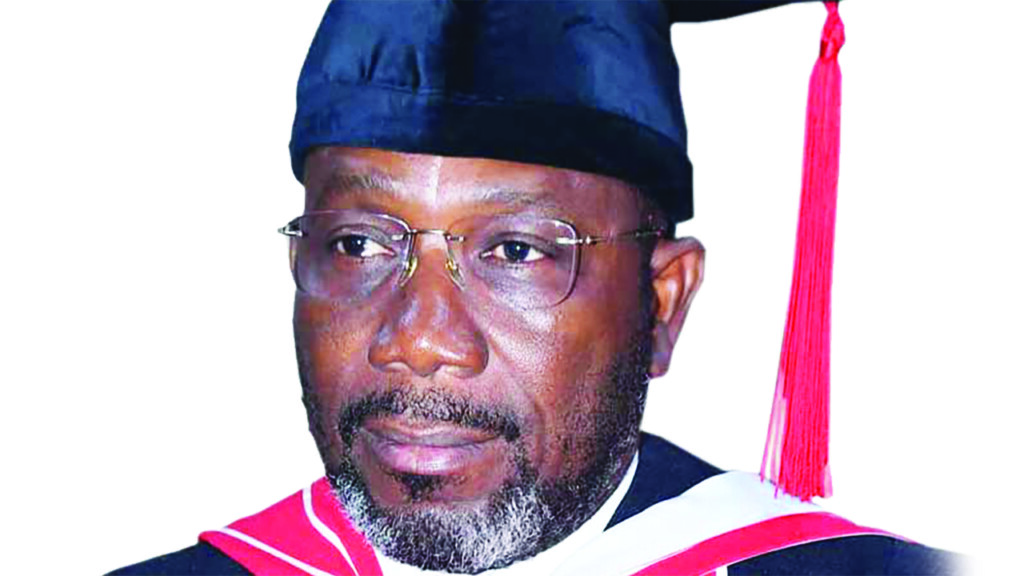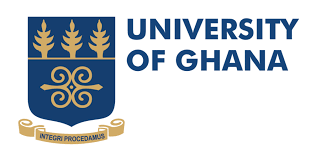Prof. Anthony Kola-Olusanya, the former Deputy Vice Chancellor of Academic, Research, Innovation, and Partnerships at Osun State University, talked about the problems facing Nigerian universities and how they can improve. He discussed these issues because no Nigerian university made it to the top 500 in the 2024 Times Higher Education (THE) World University Ranking.
Prof. Kola-Olusanya said there are several reasons for this. One main reason is the lack of funding and research output. Without enough money, Nigerian universities can’t compete globally and can’t do as much research. The Tertiary Education Fund (TETFund) has the National Research Fund (NRF) to give research grants, but there needs to be more money available.
Another reason is that there are not enough research publications by university staff. There is also not enough collaboration with international researchers, and not enough publications in high-impact journals. Additionally, the infrastructure and facilities are inadequate, and there is limited access to technology, which affects teaching and research quality.
To fix these problems, Prof. Kola-Olusanya said there needs to be better funding, better infrastructure, more research output, and improved quality of education. He noted that Nigeria is making some progress in Sub-Saharan Africa, with 37 ranked institutions, led by Covenant University, which is among the top 800 globally.
Regarding multiple university ranking organizations, Prof. Kola-Olusanya mentioned that there are nearly 20 global rankings, but the most widely referenced are Quacquarelli Symonds World University Ranking (QSWUR), Academic Ranking of World Universities (ARWU), and Webometrics Ranking of World Universities (WRWU). These rankings are important as they provide universities with information about their positions and help stakeholders make decisions.
Even though there are concerns about the relevance and credibility of these rankings, they offer valuable insights. They help universities see where they stand, guide policy decisions, and help students choose where to study. Rankings should be just one of many factors in assessing the quality of education and research at universities.
To make Nigerian universities globally competitive, Prof. Kola-Olusanya emphasized the need for more funding and investment in infrastructure, technology, laboratories, libraries, and research facilities. The government should encourage research and innovation by providing funding and incentives. The TETFund support is crucial, but it needs to do more in terms of focused funding to improve infrastructure and technology.
Investment in academic staff development through training, workshops, and international collaborations is essential. Competitive salaries and benefits are necessary to attract and keep top talent and reduce brain drain. Regular curriculum reviews to ensure alignment with global standards are also important. The National Universities Commission’s (NUC) new Core Curriculum and Minimum Academic Standards (CCMAS) launched in 2023 is a good step.
Moreover, Nigerian universities should build international collaborations, partnerships, and exchange programs. Encouraging entrepreneurship and innovation among students and staff by promoting start-up incubators and technology transfer between industry and universities can help with knowledge transfer and commercialization of research.
Finally, government support and policy reforms that prioritize education, research, and innovation are crucial. Sufficient funding for the sector and reforms to improve governance, accountability, and transparency in higher education institutions are key steps toward making Nigerian universities more globally competitive.





